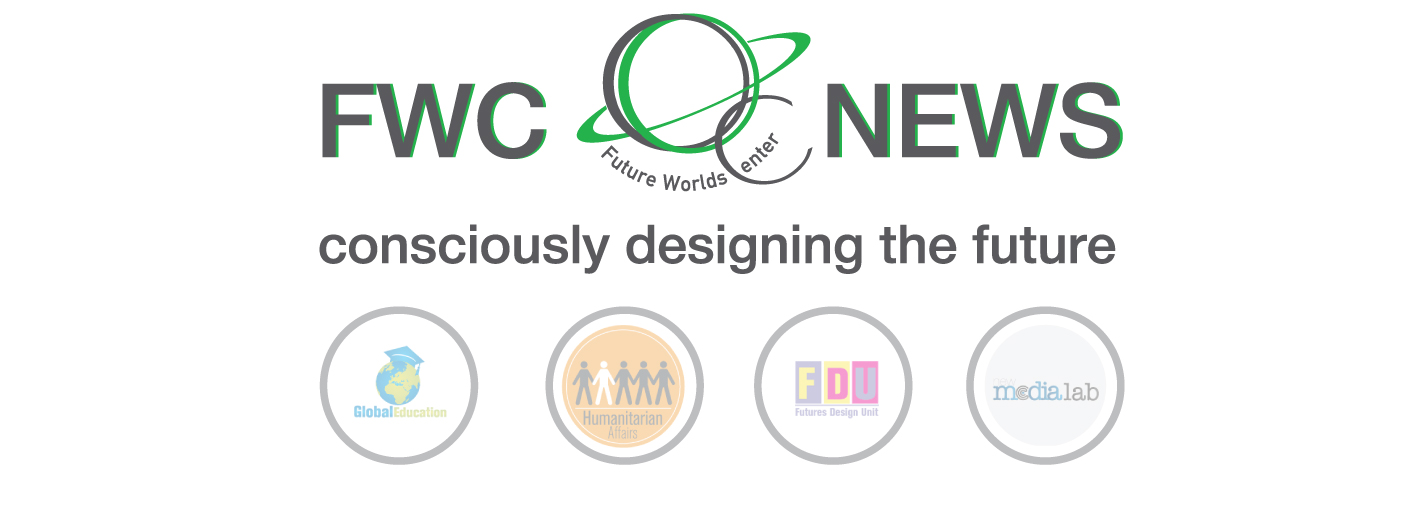Human Rights violations and environmental damage in orange juice production
Study by SUPPLY CHAINGE Campaign uncovers deliberate infringements along European orange juice supply chains.
In 2013 the average European consumer drank 11 litres of orange juice per year, 80% of which is imported from Brazil. The study published today by Future Worlds Center, Christliche Initiative Romero e.V. (CIR, Germany) and GLOBAL 2000 (Austria) investigates the entire orange juice supply chain, extending from plantations in Brazil to European supermarkets. Being a first-hand investigation, the research uncovers precarious working conditions as well as presenting new insights into the devastating ecological impact of global orange juice production.
Annagrace Messa, from Future Worlds Center, summarizes the study: “The orange juice industry is doing very well economically and exporters are making abnormally high profits. These astronomical revenues however are obtained at the expense of working conditions on plantations and factories, as well as the environment. The study has found conditions of modern slavery in all stages of the Brazilian orange juice supply chain and their environmental impact is devastating.”
Researcher Sandra Dusch Silva of CIR gives an account of the findings on working conditions in Brazil: “Workers are yielding approximately 1,5 tons of oranges for an income of 10 Euro per day. There is no protection from the sun and the fruits are harvested by leaning simple ladders against the orange trees. Workers climb up and down these unstable ladders carrying up to 30 kg of oranges under great time pressure.”
“We demonstrated excessive usage of pesticides in Brazilian orange groves", states Martin Wildenberg, environmental protection expert at GLOBAL 2000. He continues: "This is particularly disappointing as the cultivation of oranges does very well without pesticides, which is demonstrated by organic citricultures around the world.”
Background information:
The orange juice industry in both Brazil and Europe is characterized by an enormous market concentration. Although 3 out of 5 glasses of orange juice come from Brazil, there are only three firms exporting orange juice to the world: Citrosucro, Cutrale and Luis Dreyfus. Europe is the most important export market. The other end of the supply chain is equally monopolized: Fewer and fewer trade chains dominate European markets. A key strategy of European retailers is private label production. Rather than buying and selling independent brands, supermarkets increasingly source and sell their own products. In Europe 66% of all orange juice is sold as store brands of supermarkets and discounters. The study shows, that supermarkets and discounters are not meeting their responsibilities for the supply chains of their products. “Since 2013 supermarkets promise to act, but up to now the conditions in Brazil have not improved”, says Sandra Dusch Silva, who has previously published a report on orange juice for CIR in 2013 and also directed the present study.
On October 07th and 08th, 2015, Antwerpen in Belgium is hosting the global Juice Summit, an industry wide conference. Unions and workers rights groups are not represented. “It is revealing that the global juice industry is discussing its future in absence of workers and their representatives.”, says Annagrace Messa.
Information for the editors:
The SUPPLY CHA!NGE campaign is a group of civil society organizations from across Europe and the Global South. Its main objective is to make supermarket store brands (sometimes known as ‘own brands’ or ‘private labels’) fairer and more sustainable. Compared with their enormous influence, the efforts of supermarkets to prevent human rights violations and to reduce the environmental damage along the supply chains of their products are extremely disappointing.
Accompanying the study the SUPPLY CHA!NGE campaign launches a Europe-wide petition, urging European supermarkets to implement social and ecological standards for the supply chains of their store brand production. The petition will be online at www.supplychainge.org on October 8th, 2015.
Future Worlds Center
Future Worlds Center is a non-profit, non-governmental, independent organization that envisions and implements projects that aim at promoting the culture of coexistence, human rights, sustainable development and peace, using methods that are based on the latest technologies, the science of dialogic design and democratic dialogue. FWC mission is to enable and encourage people to rethink, reflect and resolve social challenges, at a local, European and global level. Our actions are situated exactly where social changes occur. FWC is an organization that its goals, methodologies and people are connected between them. All of FWC’s activities are implemented under its 4 main units: the Humanitarian Affairs Unit, the Global Education Unit, the New Media Lab Unit, and the Future Designs Unit.
www.futureworldscenter.org
https://www.facebook.com/GlobalEducation
This email address is being protected from spambots. You need JavaScript enabled to view it.
The Christliche Initiative Romero e.V.
The Christliche Initiative Romero e.V. (CIR) is fighting for workers and human rights in Central America and all of the Global South. Founded in 1981, it focusses on supporting grassroots initiatives and civil society organizations in Nicaragua, El Salvador, Guatemala and Honduras, as well as facilitating campaign and education work in Germany and the EU.
GLOBAL 2000
GLOBAL 2000 is an independent Austrian environmental organization. GLOBAL 2000 is a member of Friends of the Earth, the largest international network of environmental organizations.
For more information
Contact Future Worlds Center and Annagrace Messa, Coordinator for the campaign SUPPLY CHAINGE in Cyprus

